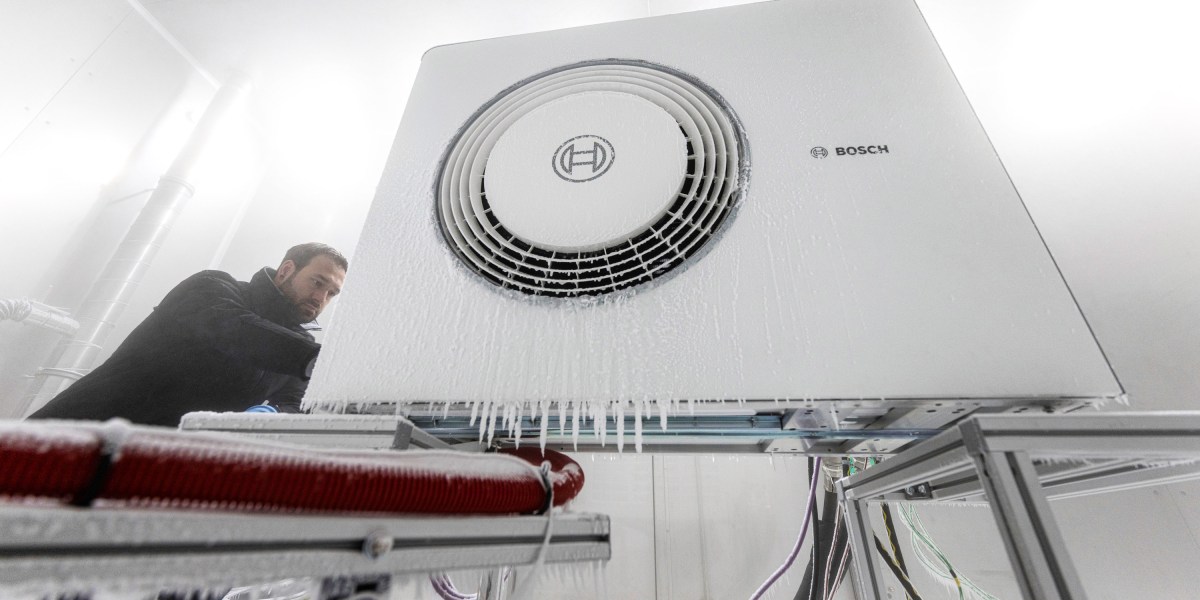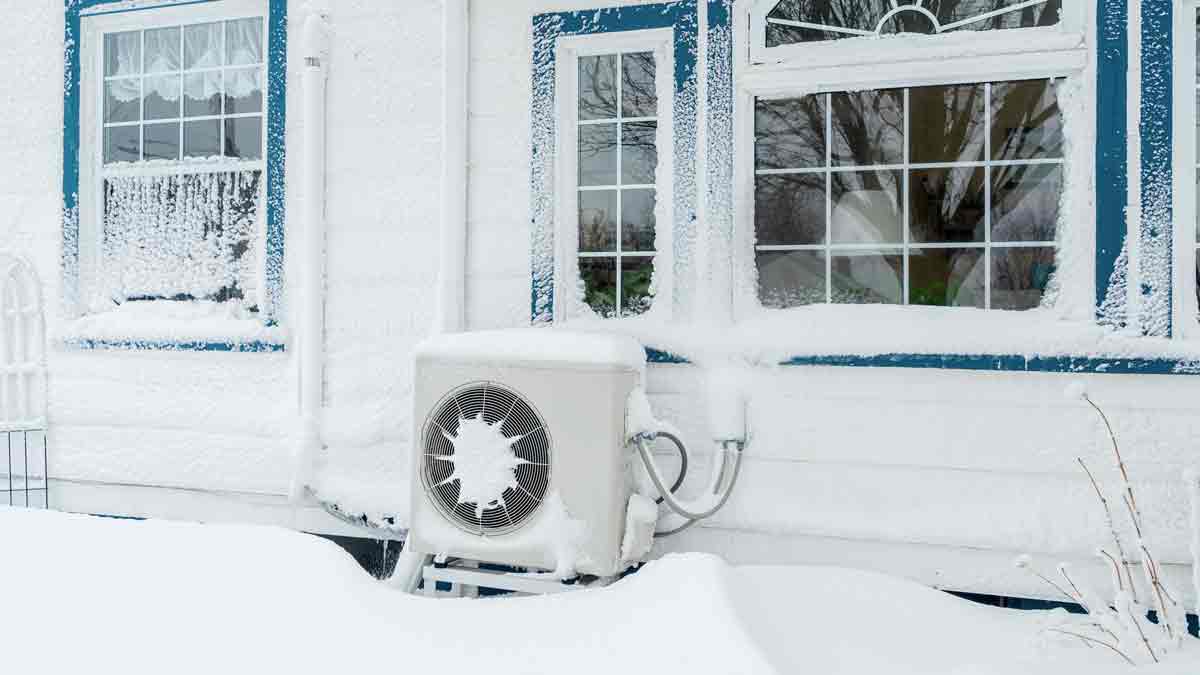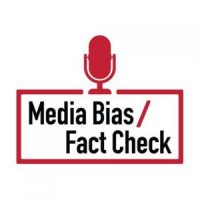- Joined
- May 8, 2017
- Messages
- 2,585
- Reaction score
- 698
- Location
- New York City area
- Gender
- Male
- Political Leaning
- Very Liberal
As Utility Bills Rise, Low-Income Americans Struggle for Access to Clean Energy
(link, no paywall)
The story speaks for itself. The U.S. is chasing its tail to solve a theoretical problem. And, in multi-story buildings heat pumps don't work too well. Trust me, the rich people at the WEF and other hoity-toity groups can afford to UBER their way around. "Saving the earth" is being done on the backs of the lower middle class and poor.
(link, no paywall)
New York Times said:Excerpt:
The Biden administration has deployed various programs to try to increase access to clean energy. But systems that could help lower bills are still out of reach for many low-income households.
Cindy Camp is one of many Americans facing rising utility costs. Ms. Camp, who lives in Baltimore with three family members, said her gas and electric bills kept “going up and up” — reaching as high as $900 a month. Her family has tried to use less hot water by doing fewer loads of laundry, and she now eats more fast food to save on grocery bills.
Ms. Camp would like to save money on energy bills by transitioning to more energy-efficient appliances like a heat pump and solar panels. But she simply cannot afford it.
“It’s a struggle for me to even maintain food,” Ms. Camp said.
The story speaks for itself. The U.S. is chasing its tail to solve a theoretical problem. And, in multi-story buildings heat pumps don't work too well. Trust me, the rich people at the WEF and other hoity-toity groups can afford to UBER their way around. "Saving the earth" is being done on the backs of the lower middle class and poor.







